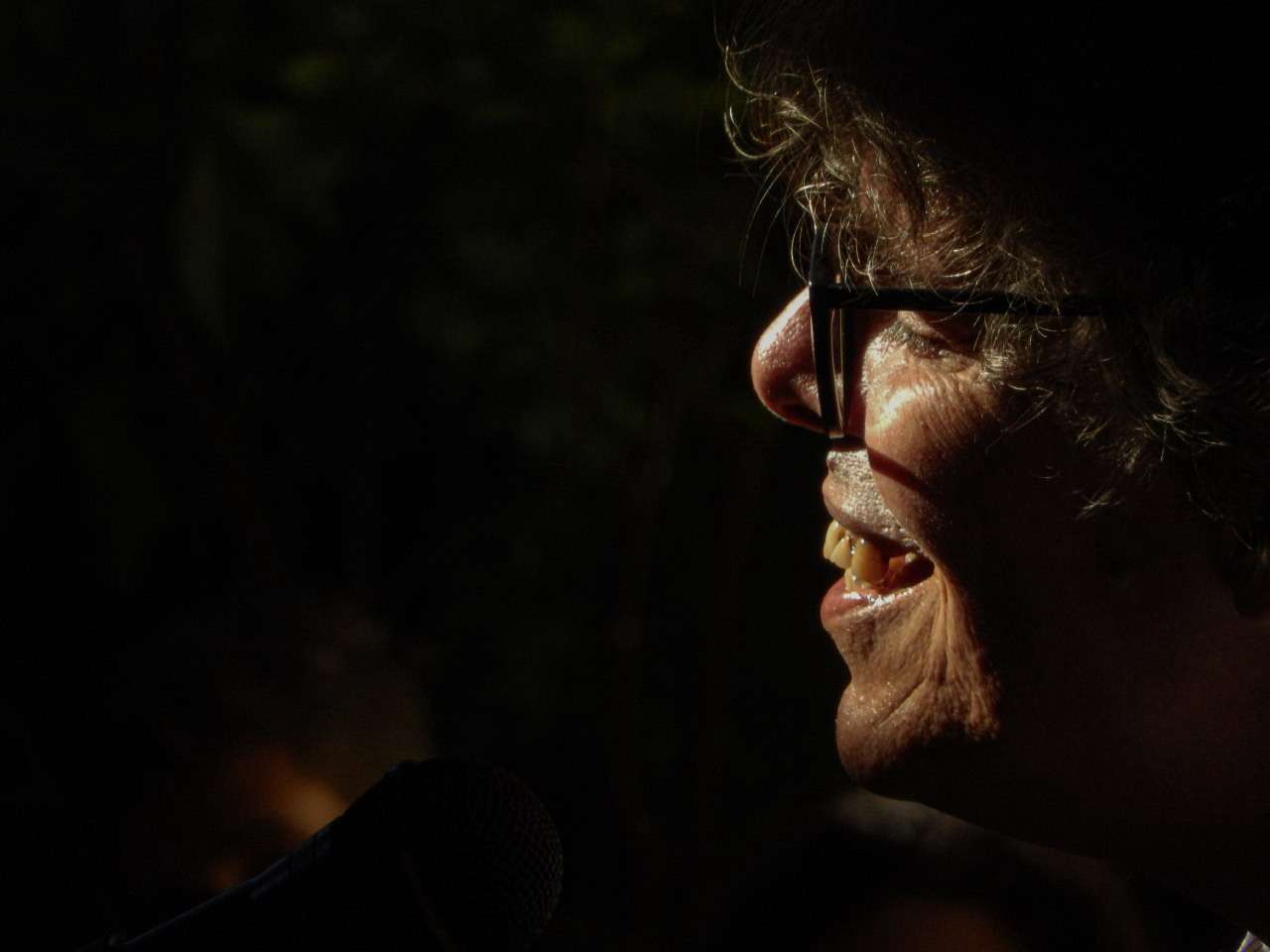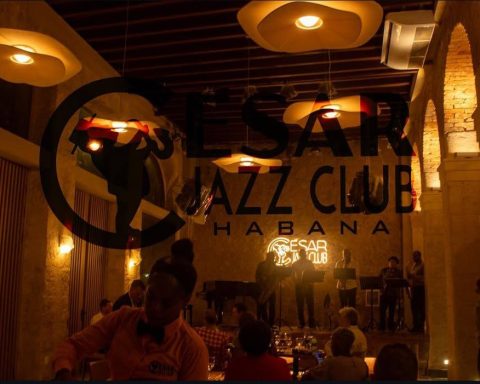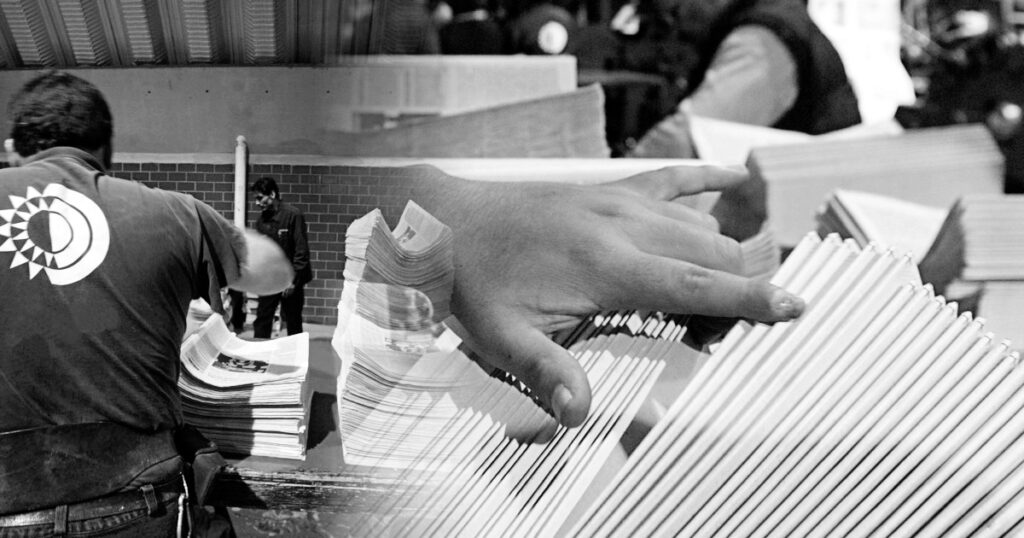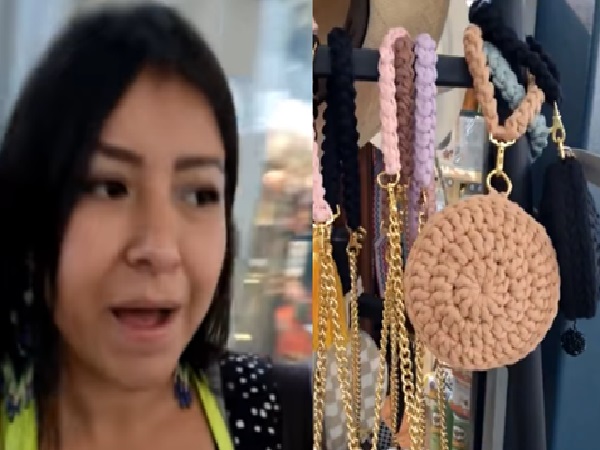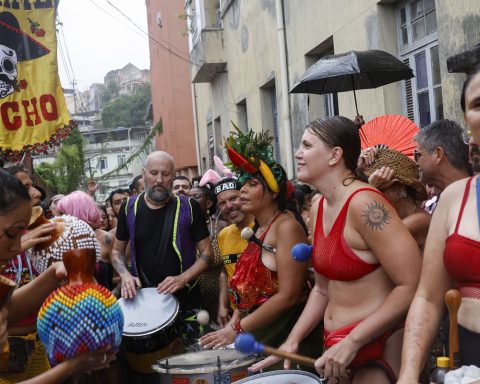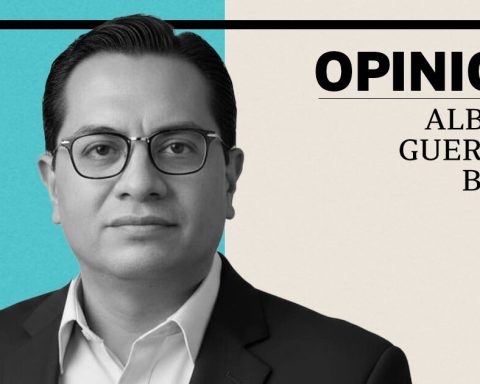This 2022, when Nueva Trova celebrates fifty years of creation, we talked with Ariel Barreiros, a follower of the movement and one of the least media-promoted Cuban troubadours. To some extent he has had to pay for the “geographical fatalism” of living far from the capital. But his “anonymity” collapses when one discovers his themes. They can be “Paula”, “Fifth regiment”, “Medio lento”. When you hear “Niña” you see that Barreiros cannot be hidden.
He was born in 1971 and at approximately the age of 20, according to his account, he began to write his first songs. Of that group of subjects, three or four passed the “acid test” and managed to survive. Although he wanted to study English, it was the guitar that he decided for Ariel Barreiros.
“I never seriously set out to end up being a troubadour in this country. He was just another student that he picked up the guitar to entertain himself and ‘facilitate’ his way of connecting with the girls in high school. Then I discovered Silvio Rodríguez and thanks to that birth I became a ‘victrola’: I sang all his songs (…) I was a rather shy boy, with few communication facilities (I still don’t have them) and the guitar was a refuge. Later I fell in love with the profession and even abandoned others, such as watchmaking, from which I lived for twenty-two years”.
Contrary to other creators, during the long months of confinement due to the pandemic, Ariel Barreriros decided to lock himself up without picking up that guitar that one day Fidel Castro himself gave him after a presentation at the Pablo de la Torriente Brau Cultural Center, in the 1990s.
Recently, the Colibrí record company took over the recording of the DVD with the work of Ariel Barreiros. The idea came from the multi-award-winning producer Enrique Carballea, who together with Samuel Burgos assumes the musical production of Crossing my fingers material title. The direction of filming and photography is the responsibility of Francesco Meliciani; while the recording, mixing and mastering are under the responsibility of Orestes Águila.
Attached to his native Aguada de Pasajeros, Cienfuegos, Ariel assumes musical creation as a necessity and is lapidary about it:
“You don’t have to put the trova on any altar, it’s a misconception that has gone from one lurch to another. They always have us at a limit point: when they don’t censor us or remove us from radio and television, they overexpose us and they start to play trova and trova. Now we are at a halfway point. It is being achieved that there is a presence of troubadours on television ».
«And, although the trova is a movement that defines a lot in Cuban music, there are other very beautiful pieces of music that need promotion, records, stars. We troubadours sometimes believe that we are all Silvio Rodríguez and we deserve more recognition than the bolero singer or the sonero. Dedicate yourself to making your song the best you can. That’s where the stretch begins to deal with promotion, business… I’m not going to be unhappy because I don’t have a band behind me or because I don’t fill a stadium. I grabbed a guitar, sang and there were people who applauded heartily, that’s being a troubadour! From then on it is Jesus Christ Superstar. I came to sing, not to collect ”, he affirms.
How do you face the controversy from your songs?
Sometimes it is a resource to be “controversial” to achieve a certain status or, even, levels of public that want to hear declarations of principles in the songs. I have controversial topics. They were born at a time when I was in pain or things were happening to me, and that’s what I sang. However, that phase was followed by a tender love song. Then it occurred to me to sing about what my grandfather did in the Spanish Civil War. I have sung to many things, to many problems and sometimes I just sing for the sake of singing. I have one of the most beautiful trades and I am not going to trade what I love.
Are you not a commissioned troubadour either?
I have made things to order; I have no problem with that, it’s just risky. You have to have enough confidence and musical decency to be commissioned something, do it, finish it, have almost the money on hand and then say: “No, that song is useless.”
The troubadours also need the show and the big stages that are mostly in the capital. Why didn’t you decide to live in Havana?
For a lot of things. I recently traveled to England and a few days later I was crazy to return. I don’t know if it’s roots, I don’t know how to explain it. Nor have I made a song outside of that place where I live (Aguada de Pasajeros). I have learned to cope with hard work the bad part that living in a town brings me. Perhaps I am more of a traveler than many troubadours. Havanans, for example, have a hard time giving a concert in Camagüey and I don’t; I had to do my race on the road, that’s not a problem. That’s how I’ve been singing for thirty years.
But it can be exhausting and even threaten creativity…
The moments in which I was able to take that step were difficult: the Special Period arrived and then, when my son was born, everything got complicated. Years passed later and it is hard for me to venture out. And I have something in my favor: I don’t live in Havana, but I do have a job here. I have people who love me.
